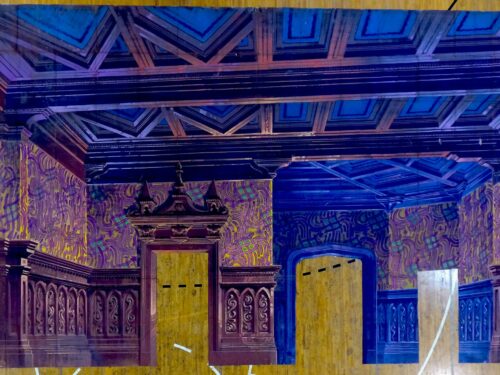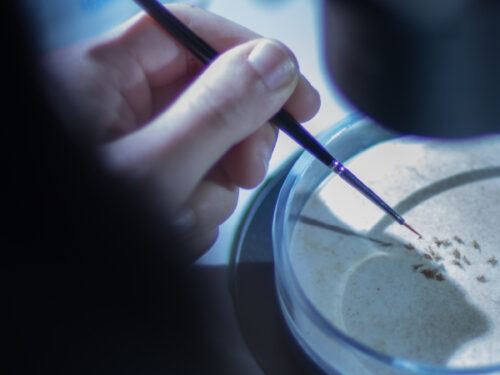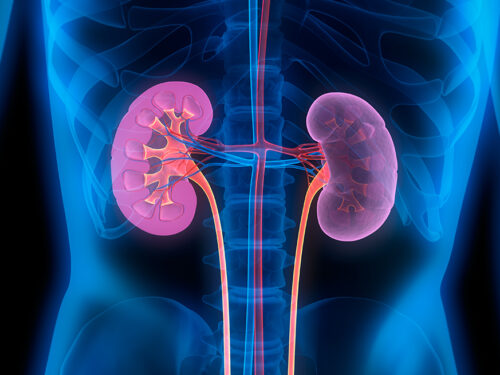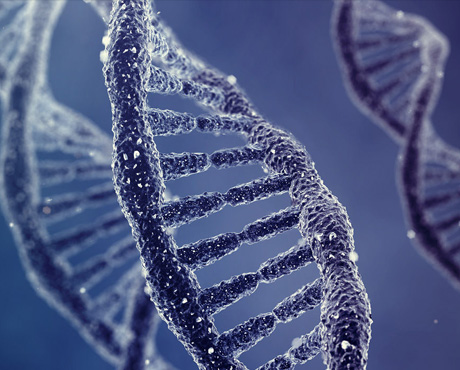
Motor Neuron Disease or MND is the name given to a group of diseases that affect the special cells in the brain and spinal cord, which pass messages to the muscles telling them what to do. These cells are called motor neurons and their demise leads to weakness and wasting of muscles, causing loss of mobility in the limbs and difficulties with breathing and speech.
Amyotrophic Lateral Sclerosis or ALS is the most common MND in adults.
ALS/ MND can be inherited, meaning that a faulty gene is passed from one generation to the next. However, most of the time, this is not the case. Rather, the cause is a lethal cocktail of DNA defects and harmful environmental exposures that impinge on the fragile health of motor neurons. The harsh reality is that there is as yet no effective treatment for ALS/MND.
The University of Malta’s ALS/MND Lab, headed by Dr. Ruben J. Cauchi, and the ALS Malta Foundation, chaired by Mr. Bjorn Formosa, have joined forces to identify and recruit Maltese ALS/MND patients. Patient DNA samples are being collected and stored in the unique Malta ALS/ MND Biobank.
Researchers are presently scouting the genome or the complete set of DNA in select patients to identify the flaws that interfere with the health of the motor neuron in the Maltese population. Identifying the cause of ALS/MND is one step close to treating this cruel neurodegenerative disease.
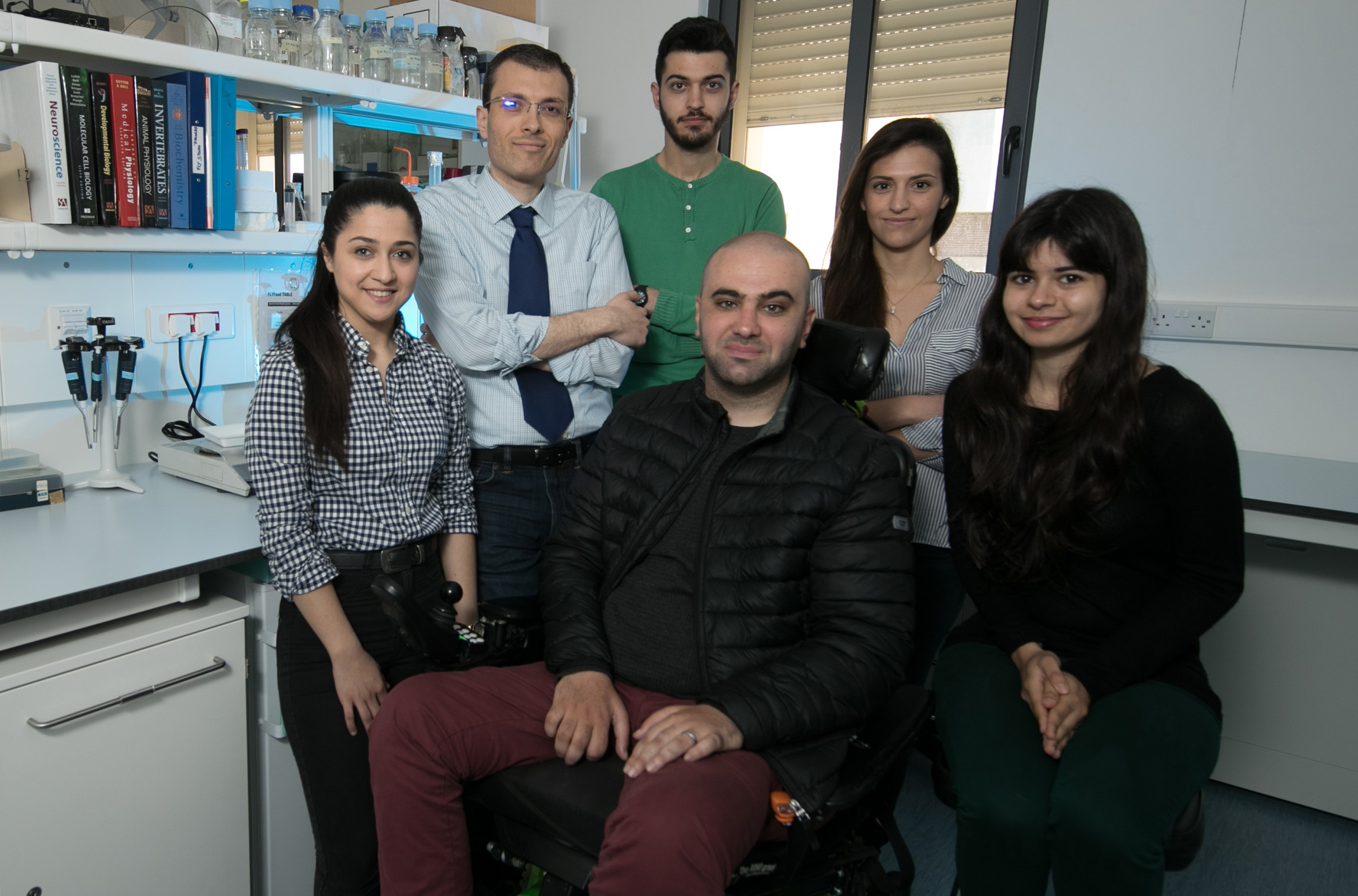
The research team with Bjorn Formosa.
This ambitious research programme at the University of Malta’s ALS/MND Lab is supported by the Bjorn Formosa Scholarship Scheme.


